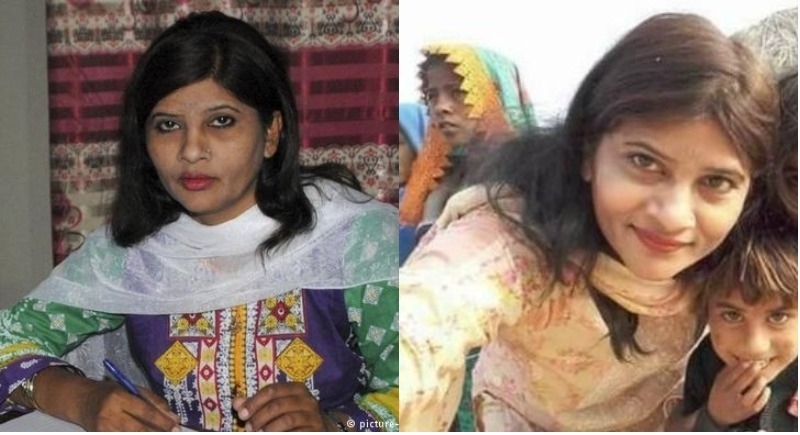Historic! Hindu leader Krishna Kumari Kohli rises high in Islamic country; becomes senator in Pakistan’s parliament
Karachi, March 5: Pakistan is a well known for providing sanctuary to terrorists is nowadays witnessing a major change politically. Notably, in a Muslim-majority country, a Hindu leader Krishna Kumari Kohli who is also a Human Rights activist has been elected to the upper house of Pakistan’s parliament.

However, Krishna has become the first-ever Hindu Dalit woman to be elected to Pakistan’s Senate. Before her, the Pakistan Senate has had only one female Hindu member, Ratna Bhagwandas Chawla from the PPP. Chawla represented the province of Sindh from 2006 to 2012.
Krishna Kumari Kohli who comes from Nagarparkar village in Thar of the Sindh province was born to a poor peasant family in 1979. She and her family were held captive as bonded labourers for at least three years in a jail run by a landlord when Kohli was a child.
Krishna Kumari Kohli got married at the age of 16 and then pursued her education after her marriage, earning a postgraduate degree in sociology. Krishna Kohli had joined the Bilawal Bhutto Zardari-led Pakistan People’s Party as a social activist and actively worked for the rights of the marginalized communities of Thar.
Kolhi’s forefathers were valiant fighters of the freedom struggle who waged a war against invading British forces in 1857. She is also a human rights activist whose specialties involve women’s rights, bonded labour, and sexual harassment at the workplace.
Importantly, the PPP in 2009 had elected the first non-Muslim Dalit Senator on a general seat. With Kohli becoming a Senator, the number of non-Muslims elected by the opposition party is now six, the highest minority representation in the upper house in the history of the Muslim-dominated country.